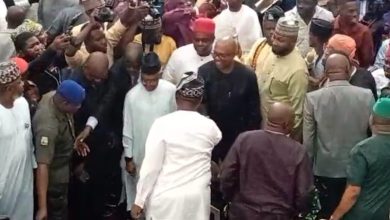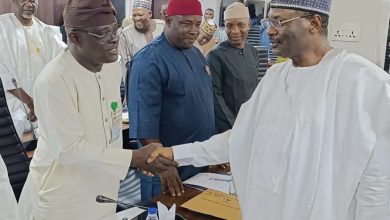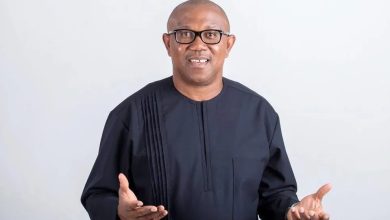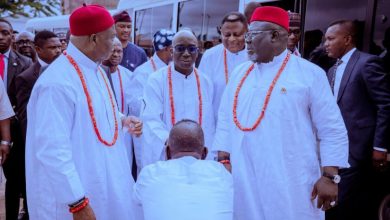Supreme Court to Deliver Final Ruling in Edo Governorship Dispute Between Okpebholo and Ighodalo
Supreme Court to decide fate of Edo governorship as APC, PDP await final judgment.
Ruling may reshape legal standards for BVAS, digital proof in future election disputes.
On July 2, 2025, the Supreme Court is expected to issue its verdict in the contentious Edo State governorship election dispute between Governor Monday Okpebholo of the All Progressives Congress (APC) and Asue Ighodalo of the Peoples Democratic Party (PDP). This ruling marks the conclusion of a legal battle that has captivated the state’s political landscape since late 2024.
Governor Okpebholo was declared the winner of the September 21, 2024, governorship election by the Independent National Electoral Commission (INEC), securing 291,667 votes to defeat Ighodalo, who garnered 247,274 votes. However, the PDP rejected the outcome, alleging overvoting, procedural irregularities, and non-compliance with the Electoral Act.
In January 2025, the Edo State Governorship Election Petitions Tribunal dismissed Ighodalo’s petition, citing insufficient evidence and non-compliant documentation. The panel criticized the PDP legal team for failing to substantiate their claims with compelling proof, deeming many of the submitted materials inadmissible.
On May 29, the Court of Appeal in Abuja upheld the tribunal’s decision, reinforcing the view that Ighodalo’s lawyers did not directly connect their allegations to specific polling units. The appellate court also criticized the PDP for relying on “dumped documents,” which were presented in bulk without adequate explanation or context.
Furthermore, the Appeal Court struck out the BVAS machines submitted by the PDP, ruling that they were improperly tendered. The justices determined that the devices were not accompanied by expert analysis or certification to validate the data claimed by Ighodalo’s team.
Despite consecutive defeats at the lower courts, Asue Ighodalo escalated the matter to the Supreme Court, arguing that both the tribunal and appellate court failed to consider crucial evidence of alleged electoral misconduct. He asserts that significant issues, such as tampering with Form EC 25B, discrepancies in serial numbers, and irregularities in the collation process, were overlooked. Ighodalo’s legal team contends that these anomalies cast doubt on the integrity of the collation process and the final result declared by INEC. They are urging the Supreme Court to nullify Okpebholo’s victory and either declare Ighodalo the rightful winner or order a rerun of the election.
Legal observers anticipate that today’s ruling will not only determine who holds political power in Edo State but also set a precedent for how courts interpret and evaluate documentary and digital evidence in future electoral disputes, particularly as Nigeria increasingly relies on technology like BVAS in its electoral process. The judgment is also expected to clarify how technicalities, such as the proper tendering of evidence, influence the outcomes of cases, a recurring issue in many high-profile electoral litigations.



